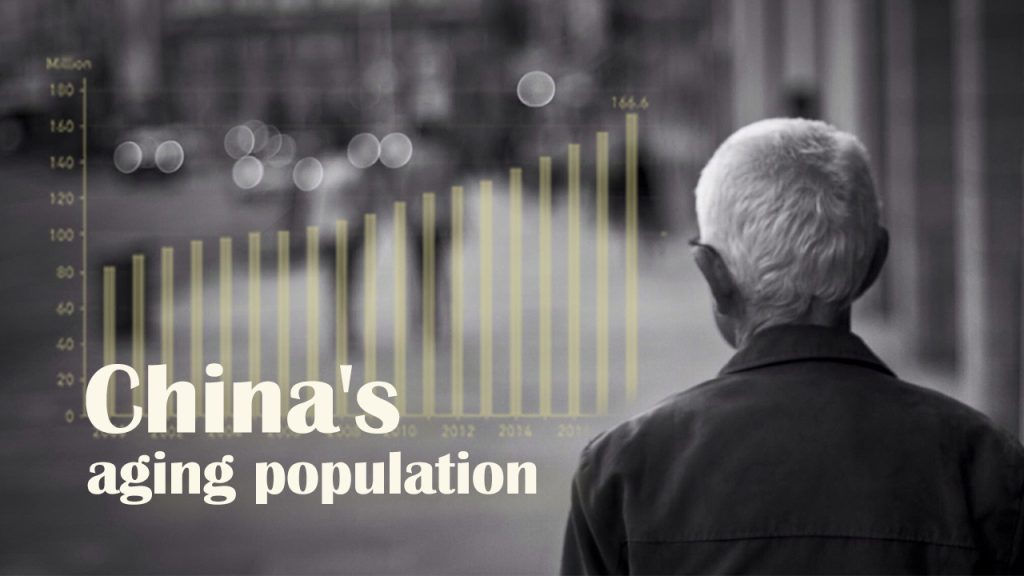News Asia
China’s Xi Tells Women to Have More Babies as Birth Rates Collapse

As China grapples with an ageing population and a historic drop in birth rates, President Xi Jinping said women play a key role and must develop a “new trend of family.”
Xi stated in comments carried on Monday by state news agency Xinhua that the role of women was discussed with the new leadership team of the All China Women’s Federation, which is affiliated with the Communist Party.
Doing well in women’s work is important not just for women’s development, but also for “family harmony, social harmony, national development, and national progress,” he stated.
It is imperative that we “actively cultivate a new culture of marriage and childbearing and strengthen guidance on young people’s view on marriage, childbirth and family,” he added.
High childcare costs, job obstacles, gender discrimination, and a desire not to marry have all stopped many young Chinese women from having children. Because state measures make it difficult for single women to have children, the number of births is directly related to the rate of marriage.
China’s National Bureau of Statistics recorded the country’s first population reduction in six decades in January, and the country’s population is quickly ageing.
Over the last two years, Chinese authorities have launched plans to increase the country’s birth rate, including financial incentives and more childcare facilities.
The state media has frequently connected population growth to the strength and “rejuvenation” of the country.

China’s Aging Population
China is facing significant demographic challenges due to its aging population. Several factors contribute to this issue:
- Declining Birth Rates: China’s birth rates have been declining for several decades, in part due to the one-child policy, which was in effect from 1979 to 2015. Although the policy has been relaxed to a two-child policy and later a three-child policy, it hasn’t significantly reversed the trend.
- Increasing Life Expectancy: Life expectancy in China has been increasing, leading to a larger elderly population. Improved healthcare and living conditions have contributed to longer lifespans.
- Rural-to-Urban Migration: Many young people from rural areas have migrated to urban centers for better job opportunities. This trend has left rural areas with a higher proportion of elderly residents.
- Gender Imbalance: China’s one-child policy, coupled with a cultural preference for male children, has led to a gender imbalance. There are more men than women, and this affects family structures and caregiving for the elderly.
The consequences of China’s aging population are far-reaching and include:
- Economic Impact: A large elderly population can strain the country’s social security system and healthcare infrastructure. It can also result in a shrinking workforce, potentially affecting economic growth.
- Increased Healthcare Costs: As the elderly population grows, healthcare expenses increase due to age-related illnesses and conditions.
- Pension and Welfare Systems: The aging population places a burden on pension and welfare systems, which need to provide for retirees and the elderly.
- Labor Shortages: Some sectors may face labor shortages as the working-age population decreases, impacting industries like manufacturing and healthcare.
- Family Structure Changes: As the elderly population grows, more families are dealing with the challenges of caring for aging parents and grandparents, often with fewer adult children to share the responsibility.
To address these challenges, the Chinese government has implemented policies to encourage childbirth and support the elderly population. These include relaxing the one-child policy, extending the retirement age, and improving healthcare and social welfare services for the elderly. However, these policies will take time to yield significant results, and the aging population remains a complex issue in China’s demographic landscape.
Tag: China


































